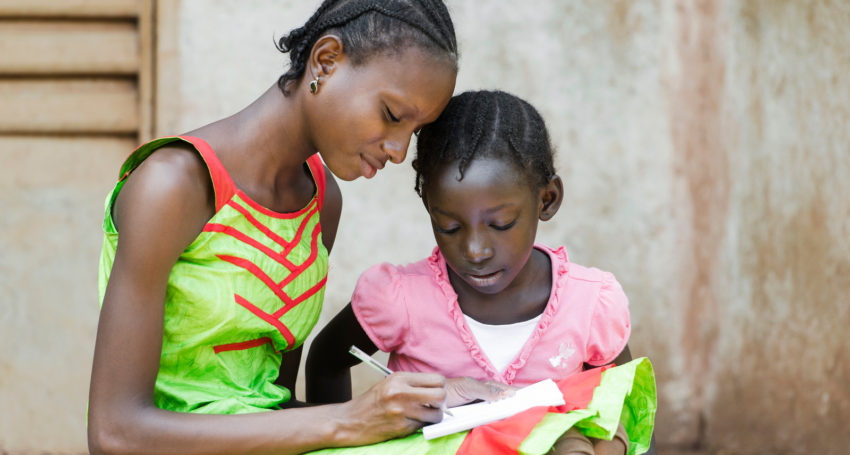Hope’s two beautiful daughters
Reflections
“Over the years I have known a few women by the name of ‘Hope’, but not one by the names ‘Courage’ or ‘Anger’. Prior to the advent of modern urban fantasy novels or dystopian fantasy novels, almost every courageous character I came across in the literature I read was male,” says The Rev’d Andrew Schmidt

Fourth century North African theologian and pioneer of Christianity, Augustine of Hippo wrote: “Hope has two beautiful daughters, their names are Anger and Courage. Anger that things are the way they are, and Courage to see that they do not remain as they are.”
I came across this quote as part of a study on damage to the climate produced by the Anglican Board of Mission. The title of the study’s chapter, containing this quote, was ‘Grounds for Hope’. What particularly struck me in the quote was the gendering and the names.
Advertisement
Over the years I have known a few women by the name of ‘Hope’, but not one by the names ‘Courage’ or ‘Anger’. Prior to the advent of modern urban fantasy novels or dystopian fantasy novels, almost every courageous character I came across in the literature I read was male. This perhaps indicates that in Western culture, this character trait has traditionally been perceived as masculine.
In literature I have read since a youngster, anger would normally be split between men and women; although, as I sit and think of media depictions of angry women, it occurs to me that they are often depicted as shrewish or unreasonable in their anger, while men are more commonly depicted as possessing a righteous fury.
Perhaps the strangest part of this is that it has never struck me as strange before, especially given that I personally know many courageous and justifiably angry women, who all act with compassion and do not devolve into action movie violence.
Augustine’s quote is also an unusual statement in that it comes from fourth century North Africa, which is not known for its progressive gender ideas. It would seem that a fourth century bishop is more ‘woke’ than I am.
Advertisement
As I look around the world, I think it can only be improved by more daughters of hope. We also need more people who are angry at the injustices of the world, including those injustices that are disproportionately borne by women and girls who are poor or marginalised.
The numbers consistently point to females being more likely to be the victim rather than the perpetrator of violent crime, suffer sexual assault and suffer economic inequality and doing the majority of unpaid work.
COVID-19 has once again demonstrated that the wealthy are able to access better healthcare, more easily access vaccinations and experience fewer complicating factors when infected with the virus.
To change the world will need courage, and I refer back to those urban fantasy novels and dystopian fantasies, in which having the courage to see the problem and to call those in power to account are central components of making meaningful change.
Let us pray that Hope bears many children.





